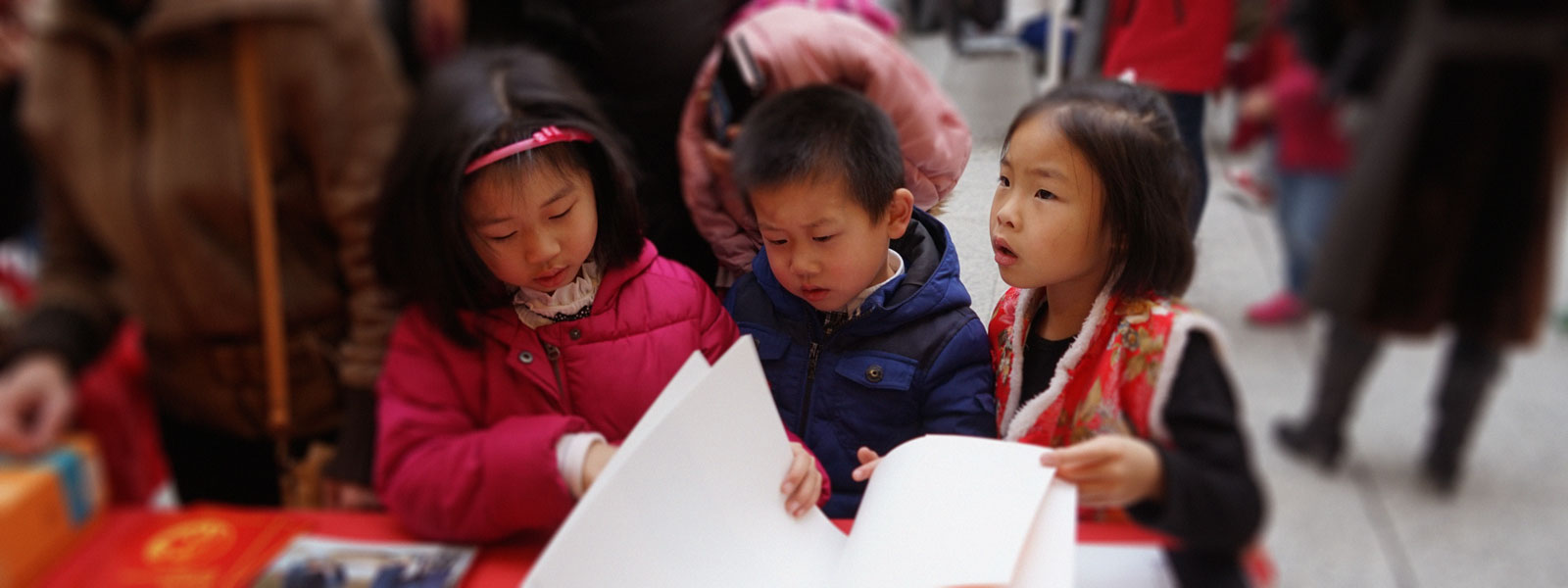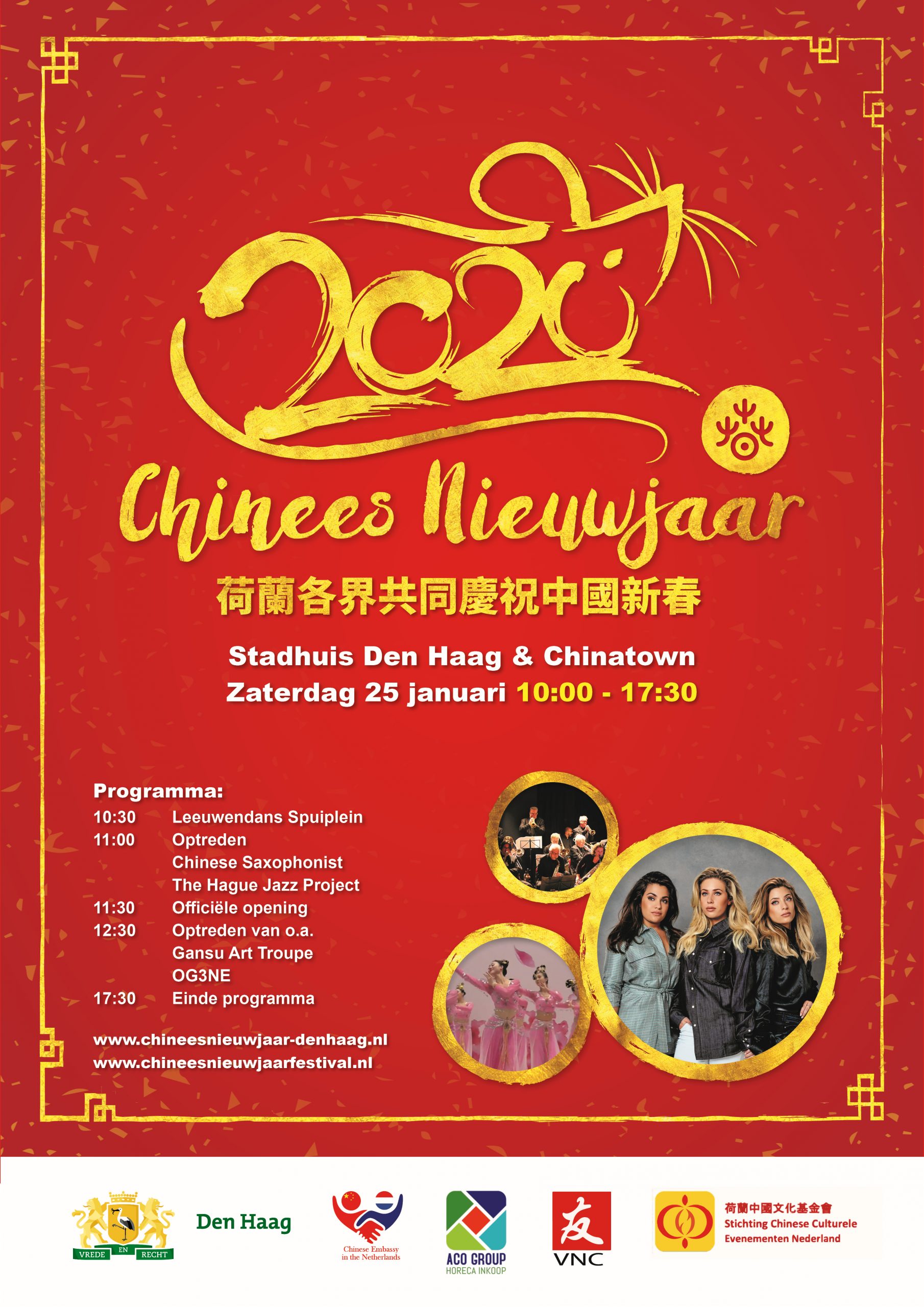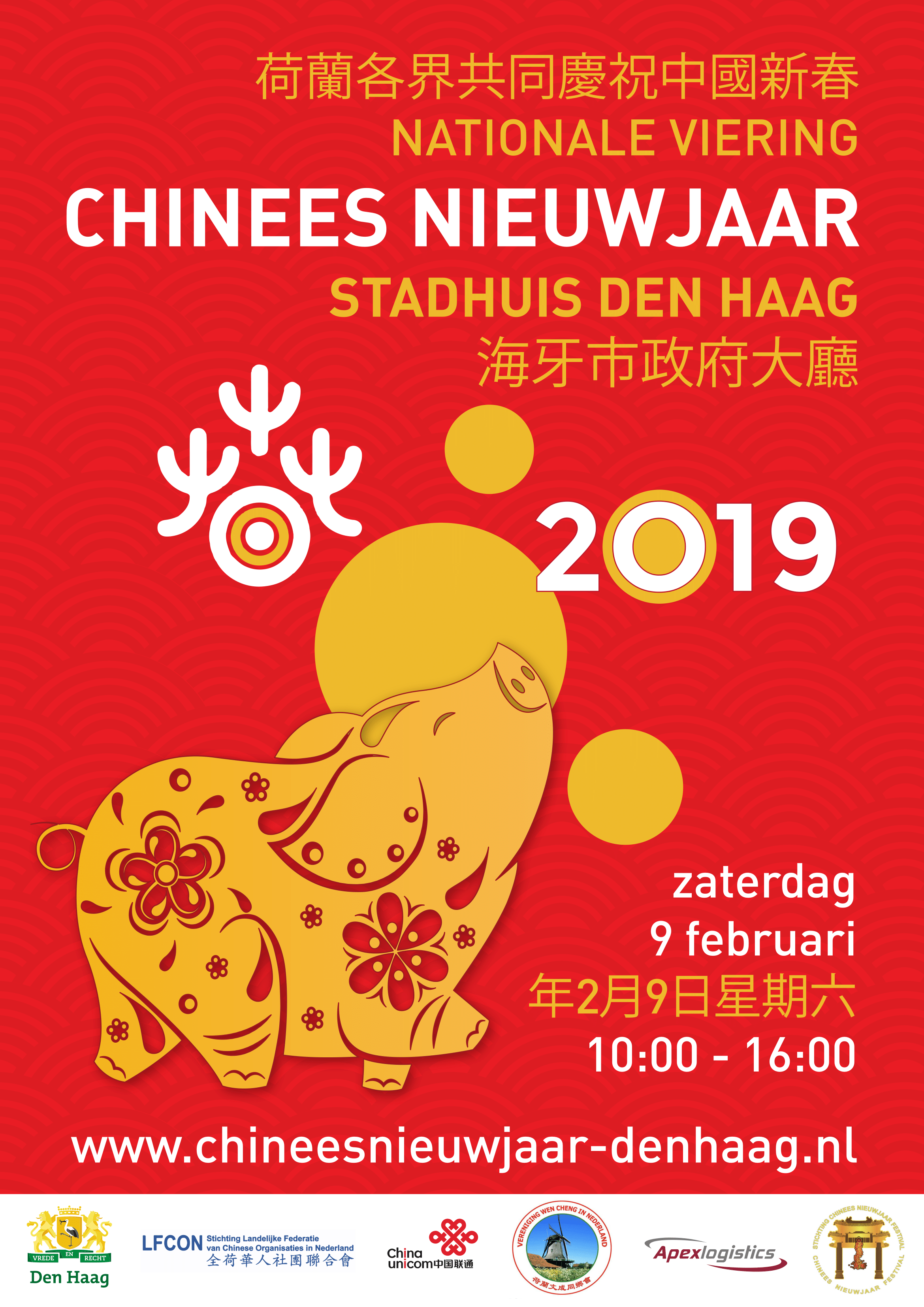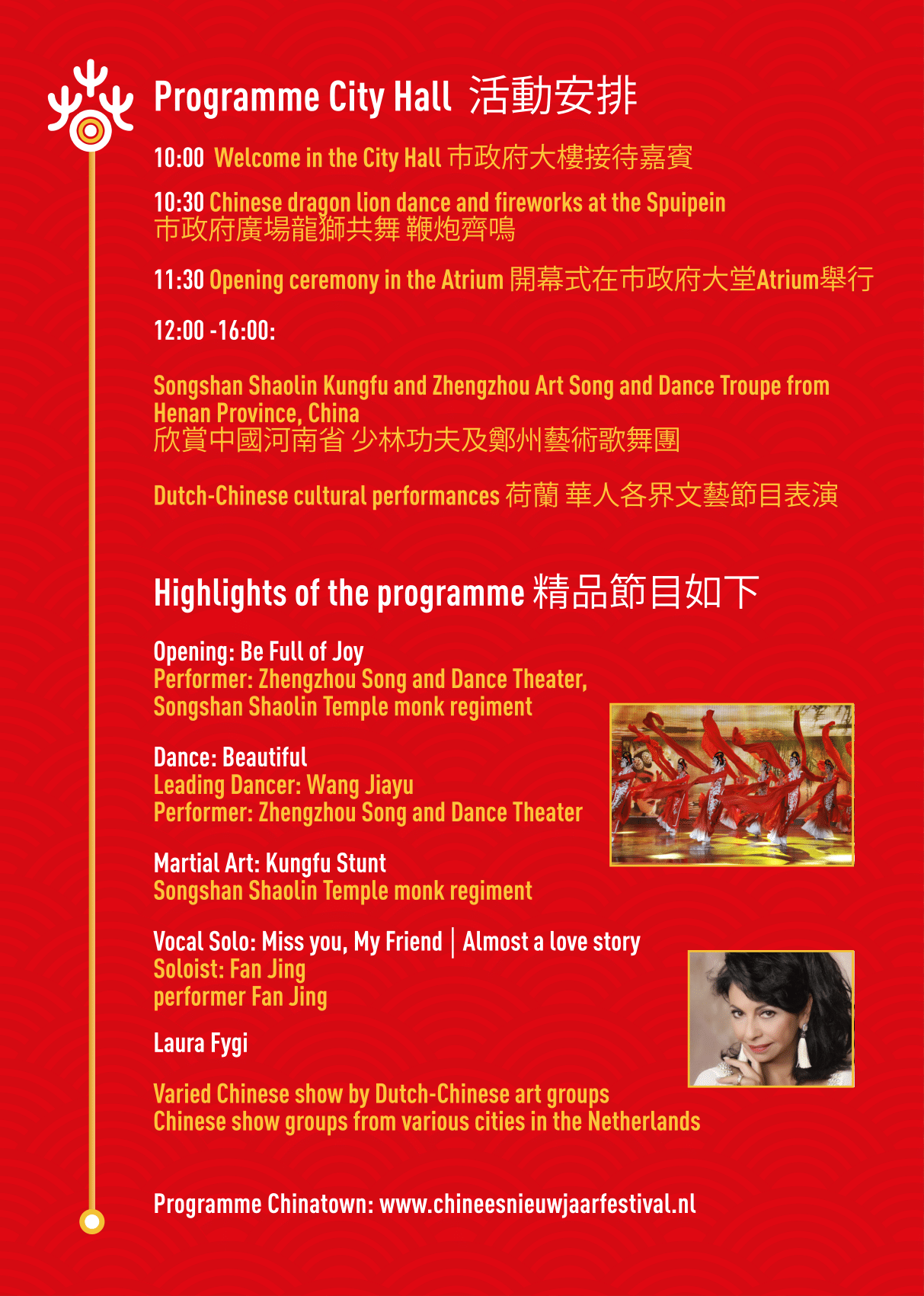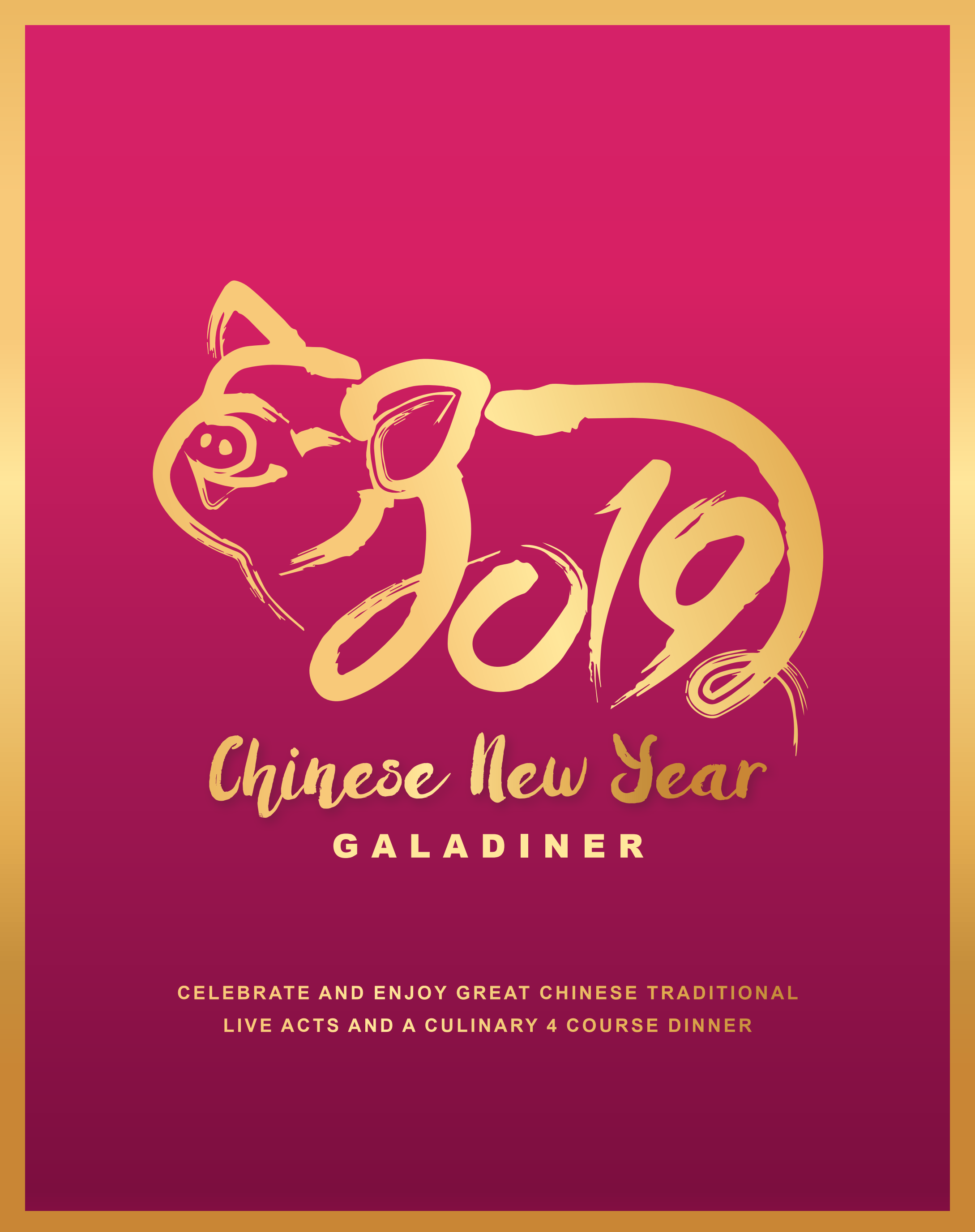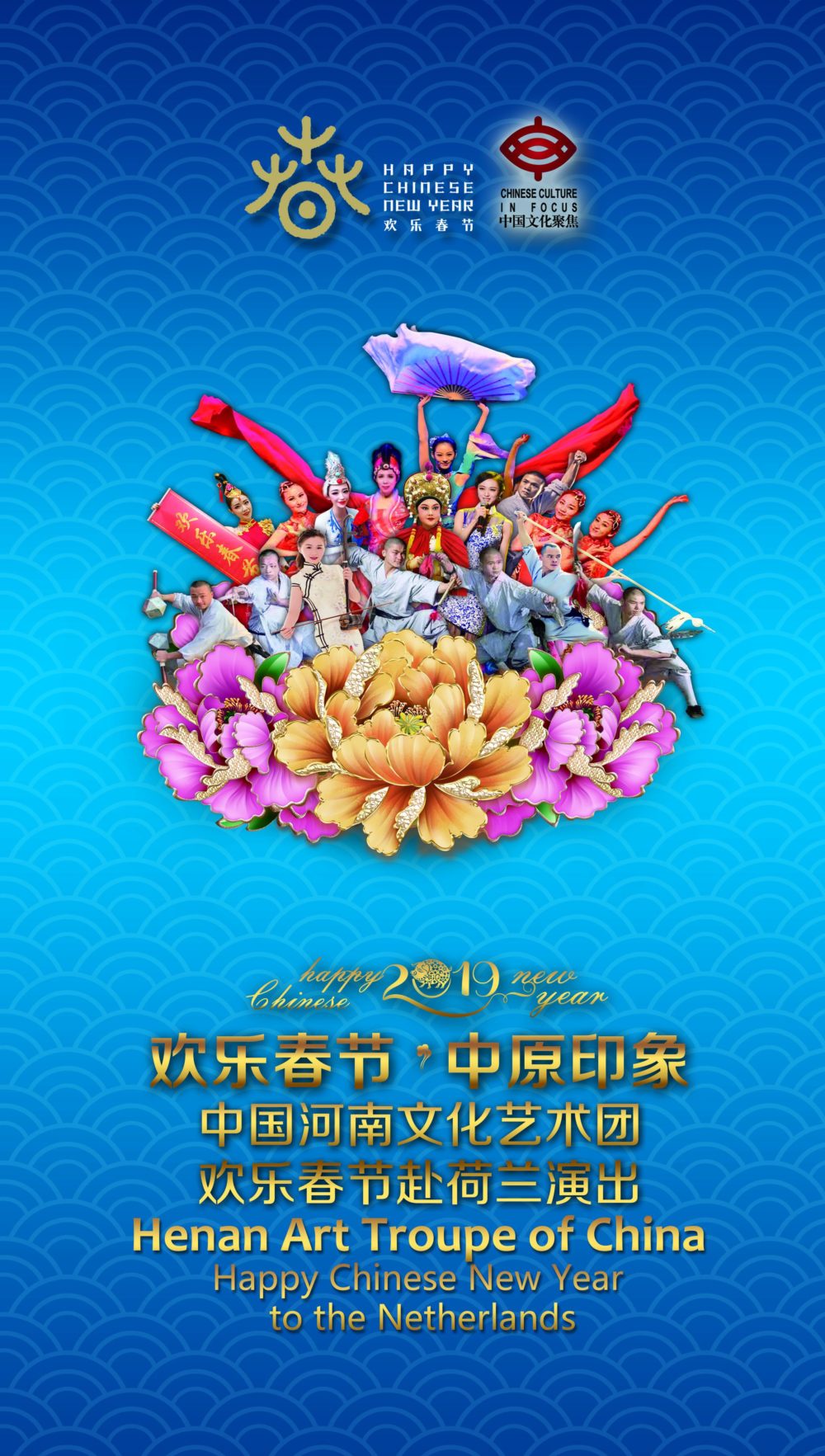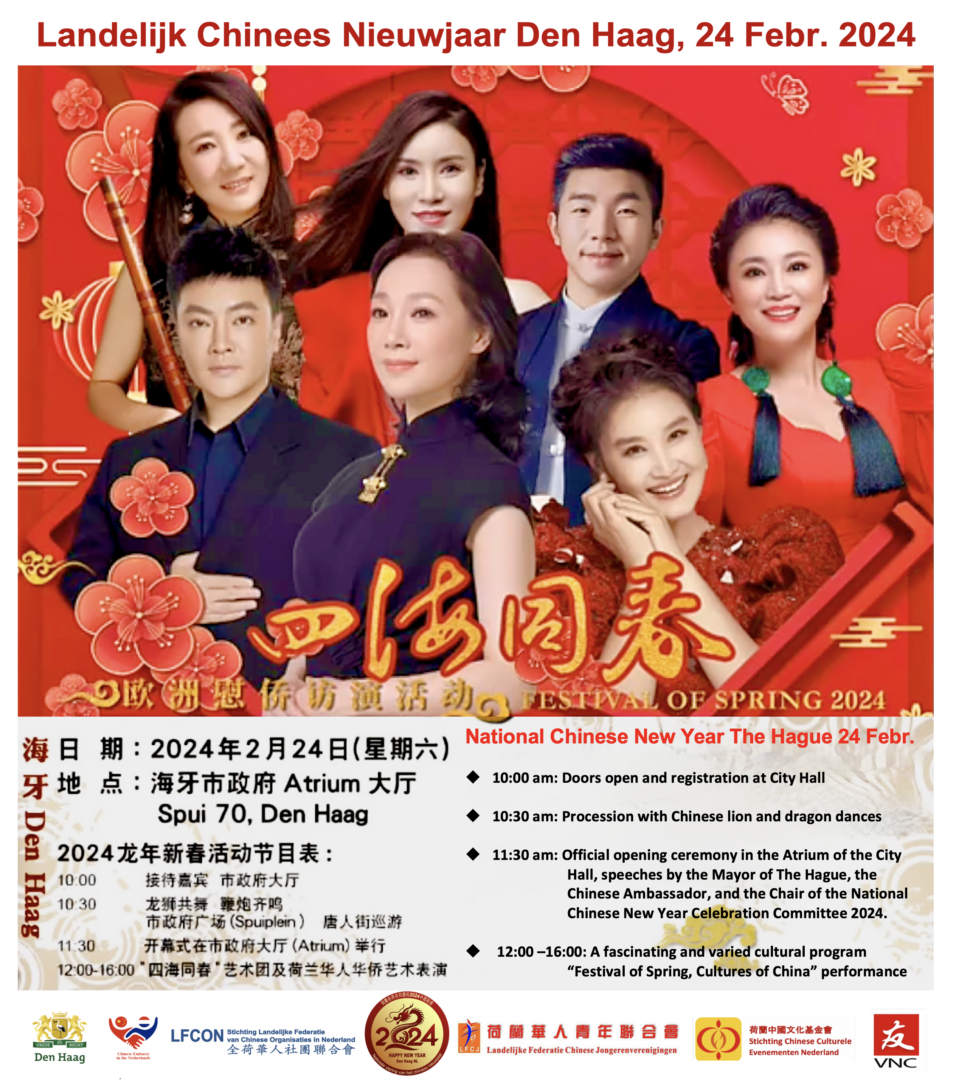
The Hague City Hall, Spui 70: from 10:00 AM to 5:00 PM
Chinatown The Hague, Wagenstraat area: from 10:00
On February 24th. the celebration of the ‘National Chinese New Year’, the “Year of the Dragon”, will be organized jointly with the Chinese community in the Netherlands (LFCON), the Municipality of The Hague and many other organizations. You are more than welcome in the Atrium of the City Hall and the Chinatown/Wagenstraat and surrounding areas of The Hague to celebrate this wonderful event.
The Chinese New Year is the most important festival of the year in Chinese culture and always takes place at the end of January or the beginning of February, due to the difference between the Western and Chinese calendars. According to the Chinese zodiac, 2024 will be the year of the dragon. Unlike the Western zodiac signs, the Chinese zodiac is based on the year of birth rather than the month of birth.
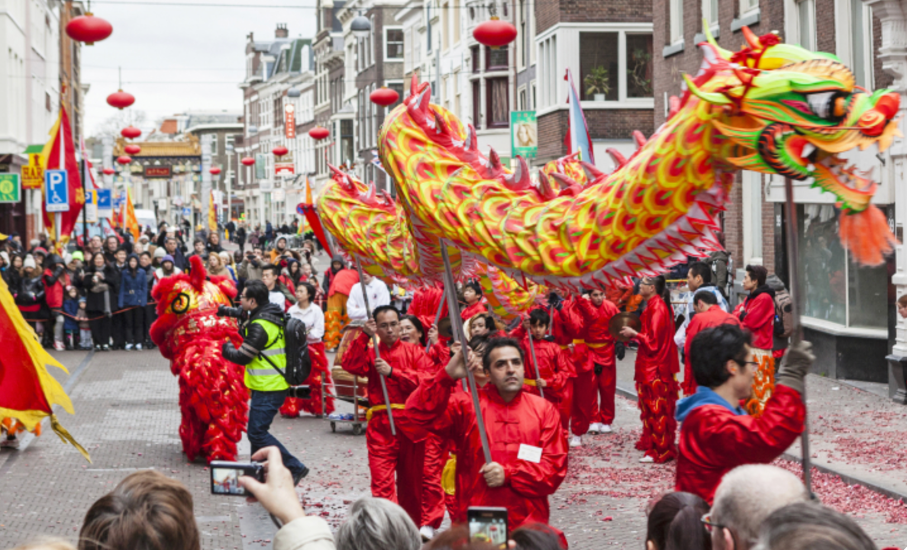
The Chinese lion and dragon dance plays an important role. The dragon is known as a symbol of higher descent and power, the lion symbolizes luck and prosperity. That is why the Chinese New Year is always festively heralded with a colorful dragon and lion dance parade, accompanied by decorative fireworks and of course a delicious Chinese feast for family, friends and important relations. All activities are free of charge.
The Year of the Dragon heralds a year of happiness, wealth, prosperity, and longevity! The Dragon is also the symbol of the emperor in ancient China. The Dragon represents strength and power, wealth and wisdom and is considered one of the luckiest animals in the Chinese zodiac.
Those born in the Year of the Dragon take on the characteristics of the Dragon. In China it is a great honor to be born in the year of the Dragon.
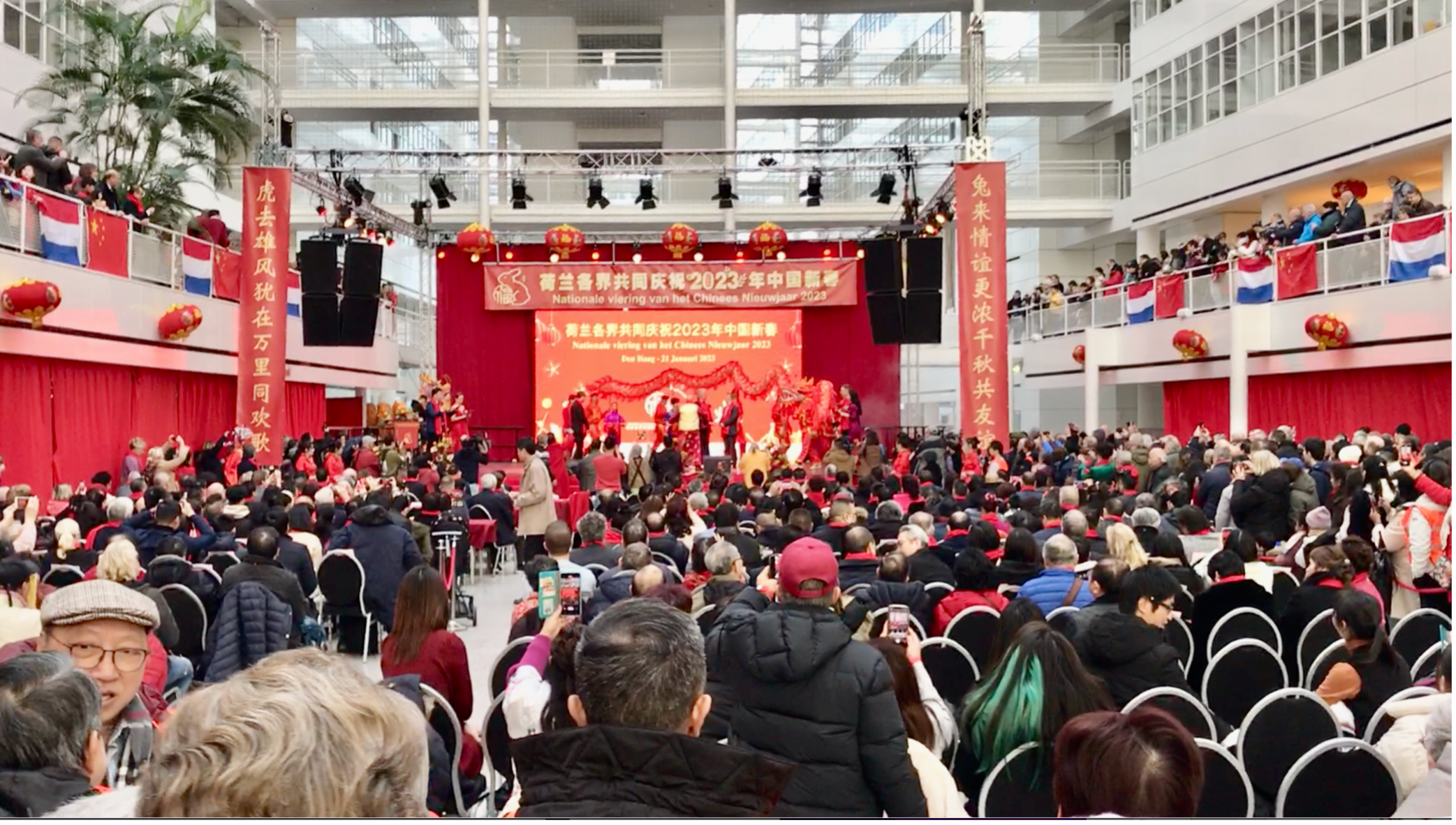
National Chinese New Year celebration at The Hague
Contrary to what the name suggests, the Chinese New Year is not an affair limited to Chinese population groups. In recent decades, the celebration has grown into a global phenomenon. In Paris, London and New York, San Francisco, Sydney, etc., the celebration of the Chinese New Year is included in the list of the largest annual recurring events in which all international sections participate in the cultural, political, and economic fields. It is an event in which the connections with China are refreshed and renewed.
The Chinese New Year is celebrated in all major cities in the Netherlands. In The Hague, the overarching “national” Chinese New Year has been celebrated with all Chinese organizations in the Netherlands since 2002.
Party all day in Chinatown and City Hall
In addition to the celebration at the town hall, the Chinese New Year is, as usual, also be celebrated in Chinatown / Wagenstraat and the surrounding area and in the center of The Hague. All festivities can be visited for free all day long!
Lili Dong, Chair of the Year of The Dragon, National Chinese New Year at The Hague City Hall
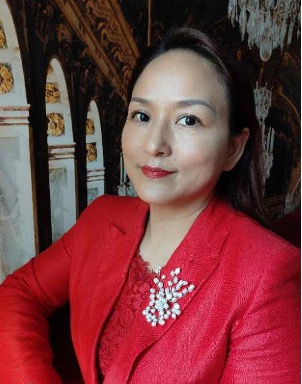
Lili was born in Dali in the Yunnan Province of China. She started in the world of television, working as a host and a producer for three years. In 2003 she came to the Netherlands to study and finalized with her bachelor’s degree in International Land and Water Management. Since her arrival in the Netherlands, she has been a beacon of unity and cultural exchange in Chinese and overseas Chinese communities and hosted and organized many events and galas over the past 20 years which have not only fostered cultural exchange but also solidified community bonds.
After her graduation she worked at Huawei as a personal assistant and transitioned into the world of entrepreneurship, laying the foundation for a successful career in Sino-Dutch cultural tourism, business ventures, and real estate. Lili’s company is based in The Hague’s Chinatown. “Always be joyful, never stop praying, and be thankful in all circumstances.” This has become her guiding principle. Her cheerful attitude, inclusivity, and open-mindedness are a testimony to the multicultural society that she calls home. Lili loves the Netherlands, and she has dedicated herself tirelessly to the Dutch Chinese community and the broader society





